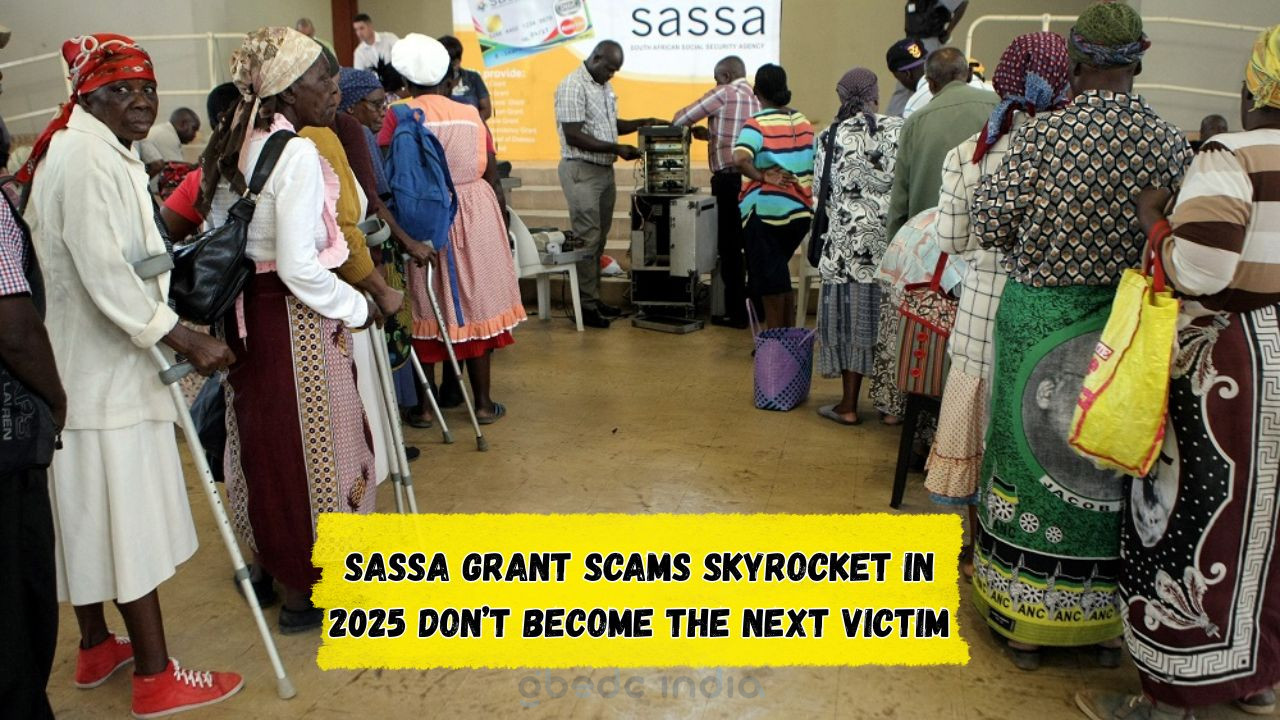IMD Storm Alert: This week, South Africans need to brace themselves for potential disruptions as the Indian Meteorological Department (IMD) has issued a storm alert. The forecast indicates that several provinces in the country will experience severe weather conditions, posing risks to both property and life. Authorities are urging residents to stay informed and take necessary precautions.
South African Provinces Under Threat
The IMD has identified key areas that are likely to face the impact of the storm. The weather patterns suggest a high probability of heavy rainfall, strong winds, and possible flooding. Residents in these regions are advised to stay updated with local news and weather reports.
Provinces likely to be affected include:
- KwaZulu-Natal: Known for its scenic coastline, this province is at risk of coastal flooding and strong winds.
- Eastern Cape
- Western Cape
- Gauteng
- Limpopo
Precautionary Measures for Residents
As the storm approaches, preparedness is crucial. Residents should ensure they have emergency supplies, such as non-perishable food, water, and first-aid kits. Securing loose items around homes and checking drainage systems can help minimize damage.
Essential Preparedness Steps
- Stay Informed: Regularly check weather updates from reliable sources.
- Emergency Kit: Prepare a kit with essentials like water, food, and medications.
- Secure Property: Reinforce windows and doors, and secure outdoor items.
- Evacuation Plan: Have a clear plan in case evacuation becomes necessary.
- Communicate with family and neighbors about safety plans.
Weather conditions can change rapidly, and staying prepared is vital.
Impact on Local Communities
Communities in the affected provinces should anticipate disruptions to daily life. Public transport, schools, and businesses may experience closures or delays. The government is coordinating with local authorities to ensure that emergency services are on standby and ready to assist where needed.
| Province | Impact Level | Expected Weather | Precautions | Emergency Services | Contact Number | Website |
|---|---|---|---|---|---|---|
| KwaZulu-Natal | High | Heavy rain | Evacuate if necessary | Ready | 0800 123 456 | kznweather.gov.za |
| Eastern Cape | Moderate | Strong winds | Secure outdoor items | On alert | 0800 234 567 | ecweather.gov.za |
| Western Cape | Moderate | Possible flooding | Check drainage | On alert | 0800 345 678 | wcweather.gov.za |
| Gauteng | Low | Mild showers | Stay informed | Monitoring | 0800 456 789 | gpweather.gov.za |
| Limpopo | Low | Light rain | Stay indoors | Monitoring | 0800 567 890 | lpweather.gov.za |
Local governments are urging communities to cooperate and stay calm during the storm.
Understanding the Weather Patterns
South Africa’s diverse geography often leads to varied weather conditions across its provinces. The current storm is influenced by tropical weather systems originating from the Indian Ocean, which typically bring heavy rainfall and winds to the eastern parts of the country.
Weather experts: have been monitoring these systems closely, and their predictions help in planning and resource allocation to mitigate impacts.
- Weather patterns typically develop rapidly.
- Storms can lead to drastic changes in local weather.
- Monitoring systems are crucial for early warnings.
- Public cooperation with alerts ensures safety.
- Emergency services are essential during extreme weather events.
- Continuous communication between authorities and communities is critical.
- Preparedness minimizes risk to life and property.
- Stay informed: Regular updates are vital for safety.
Role of Local Authorities
Local authorities play a pivotal role in managing the response to severe weather. From coordinating emergency services to disseminating timely information, their efforts are crucial in ensuring public safety.
Community engagement is encouraged to enhance preparedness and response efforts.
- Authorities ensure resources are allocated efficiently.
- Emergency plans are updated regularly.
- Communication channels are kept open for updates.
- Training exercises are conducted to prepare for emergencies.
- Local leaders work closely with communities.
- Public awareness campaigns help in educating residents.
Collaboration between government and citizens is key to managing weather-related challenges.
Resources for Affected Residents
Various resources are available for residents who may be affected by the storm. These include emergency shelters, helplines, and online portals where individuals can find the latest information and assistance. Ensuring access to these resources can significantly mitigate the storm’s impact.
Residents are encouraged to make use of these resources to stay safe and informed during the storm.
- Emergency shelters are available in high-risk areas.
- Helplines provide immediate assistance and information.
- Online portals offer real-time updates and advice.
- Community centers distribute essential supplies.
- Local radio stations broadcast emergency alerts.
Residents should stay connected with these resources for their safety and well-being during the storm.
Frequently Asked Questions
| Question | Answer | Resources | Contact |
|---|---|---|---|
| Which provinces are most affected by the storm? | KwaZulu-Natal, Eastern Cape, and Western Cape are most affected. | Weather Alerts | 0800 123 456 |
| What precautions should I take? | Stay indoors, secure property, and prepare an emergency kit. | Preparedness Guide | 0800 234 567 |
| How can I stay updated? | Follow local news, weather reports, and official websites. | Weather Websites | 0800 345 678 |
| Are there emergency shelters available? | Yes, in high-risk areas. Check local announcements. | Shelter Locations | 0800 456 789 |
| Who do I contact for assistance? | Local emergency services and helplines. | Emergency Contacts | 0800 567 890 |
Departmental Contact Details
KwaZulu-Natal Weather Department:
Email: [email protected]
Eastern Cape Emergency Services:
Email: [email protected]
Western Cape Disaster Management:
Email: [email protected]
Gauteng Weather Updates:
Email: [email protected]
Limpopo Safety and Security:
Email: [email protected]






